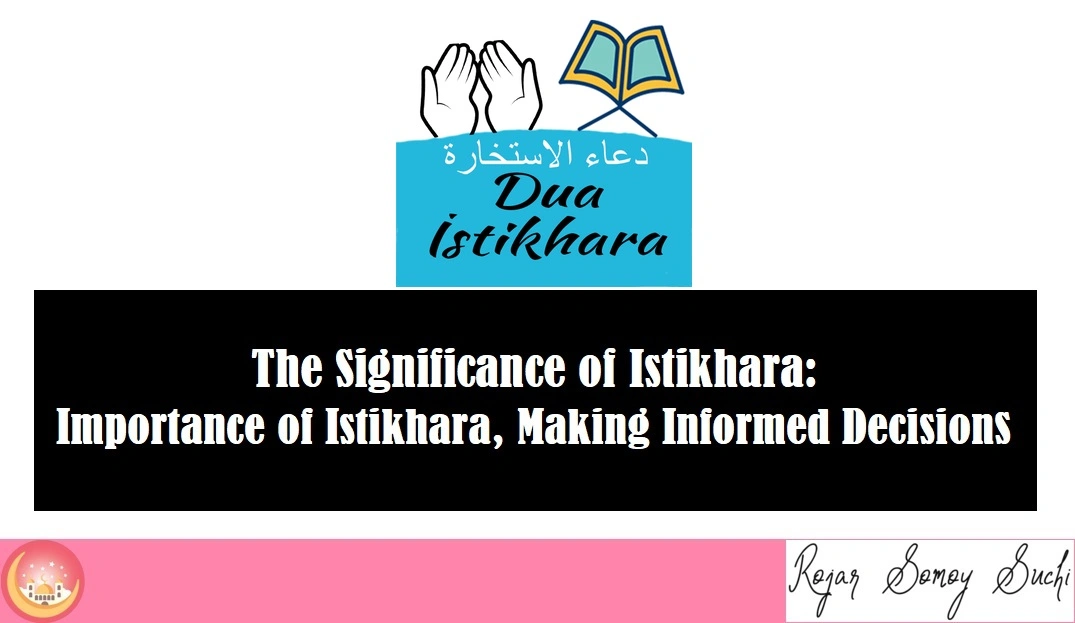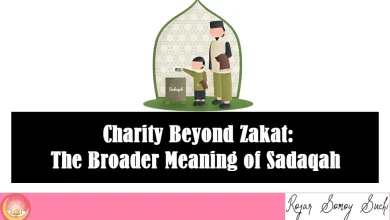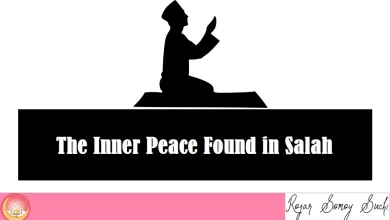
The Importance of Istikhara and Making Informed Decisions: Life is a series of decisions. From mundane choices like what to eat for breakfast to monumental ones like choosing a career or life partner, the decisions we make shape our future. Yet, in the face of uncertainty and fear of making the wrong choice, many of us find ourselves paralyzed. It is during these moments of hesitation and confusion that the beautiful practice of Istikhara in Islam provides a beacon of clarity and peace.
Istikhara, which translates to “seeking goodness” or “seeking the best” from Allah, is a special prayer that allows Muslims to ask for divine guidance when faced with significant decisions. It is not just an act of faith but also a profound expression of trust in Allah’s wisdom and knowledge. However, Istikhara should not be seen as a replacement for informed decision-making but rather as a complementary tool that aligns one’s choices with divine wisdom.
Understanding the Essence of Istikhara
Istikhara is a Sunnah of the Prophet Muhammad (peace be upon him), who taught his companions to turn to Allah for guidance in all matters of importance. In a famous narration, the Prophet said:
“When one of you is deliberating over an important matter, let him pray two units of non-obligatory prayer and say: ‘O Allah, I seek Your guidance through Your knowledge and seek ability through Your power. I ask You from Your great bounty. You have power, and I do not. You know, and I do not. You are the Knower of the unseen. O Allah, if You know that this matter is good for me in my religion, my livelihood, and my affairs—or said: in my present and future—then decree it for me, make it easy for me, and bless it for me. And if You know that this matter is bad for me in my religion, my livelihood, and my affairs—or said: in my present and future—then turn it away from me, and turn me away from it. Decree for me what is good, wherever it may be, and make me pleased with it.’” (Sahih al-Bukhari)
This powerful dua embodies the spirit of humility, reliance, and submission to Allah’s infinite wisdom. It teaches us that while we have the responsibility to strive and make choices, ultimate knowledge rests with Allah.
Balancing Faith with Practical Effort
One common misconception about Istikhara is that it absolves an individual of responsibility in decision-making. Some people pray Istikhara and expect to receive a dream or sign that spells out their path. While this can happen, it is not the essence of Istikhara. The true purpose is to entrust your decision to Allah after you have made a sincere effort to evaluate your options.
Making informed decisions involves gathering relevant information, seeking advice from trusted individuals, and weighing the pros and cons of each choice. Islam encourages the use of reason and consultation (“shura”) alongside spiritual practices like Istikhara. For instance, if someone is considering a job offer, they should research the company, evaluate the role’s alignment with their skills and values, and discuss their thoughts with mentors or family. Once they have done their due diligence, praying Istikhara allows them to place their trust in Allah for the best outcome.
The Psychological Comfort of Istikhara
Beyond its spiritual significance, Istikhara offers immense psychological benefits. Decision-making often comes with anxiety, fear of failure, and second-guessing. When you perform Istikhara, you acknowledge that while you have limited control, Allah’s wisdom is all-encompassing. This act of surrender alleviates the mental burden of uncertainty and instills a sense of peace, knowing that whatever the outcome, it is what Allah deemed best for you.
Moreover, Istikhara fosters a sense of accountability to oneself and Allah. It encourages you to pause, reflect, and avoid impulsive decisions. In today’s fast-paced world, where we are bombarded with choices and distractions, this pause for spiritual connection can be transformative.
Common Myths and Misunderstandings
Many people misunderstand Istikhara, treating it as a mystical process rather than a deeply personal act of worship. One prevalent myth is that Istikhara guarantees immediate clarity or a miraculous sign. While some may experience dreams or strong inclinations, others might not feel anything discernible. This does not mean their Istikhara was ineffective. Allah’s guidance manifests in different ways, sometimes subtly through circumstances, opportunities, or inner peace.
Another misconception is that Istikhara is only for major life decisions, like marriage or career changes. While it is most commonly associated with such choices, Istikhara can be performed for any decision, big or small, where you seek Allah’s guidance.
Integrating Istikhara into Modern Decision-Making
In a world driven by data, analytics, and logic, Istikhara might seem archaic to some. Yet, its relevance has not diminished. If anything, it offers a counterbalance to the overwhelming information and analysis paralysis many of us face today. Istikhara teaches us to blend rational thought with spiritual insight, ensuring our decisions are both well-considered and aligned with our faith.
For example, if you are considering a significant financial investment, modern tools can help you analyze risks and returns. However, Istikhara adds another layer of reassurance, reminding you that while calculations are important, the ultimate outcome is in Allah’s hands. This mindset fosters humility, gratitude, and resilience, regardless of whether the decision leads to immediate success or temporary challenges.
Conclusion: A Holistic Approach to Decision-Making
The importance of Istikhara lies in its ability to bridge the gap between human effort and divine guidance. It is a reminder that no matter how capable or knowledgeable we are, our understanding is limited, and true success comes from aligning our choices with Allah’s will. By combining Istikhara with informed decision-making, we adopt a holistic approach that honors both our worldly responsibilities and spiritual obligations.
Incorporating Istikhara into your life is not just about making the “right” choices but also about cultivating a deeper connection with Allah. It transforms decision-making from a source of stress to an act of worship, where every choice becomes an opportunity to seek Allah’s pleasure. So, the next time you face a crossroads, remember to pause, reflect, pray Istikhara, and trust that with Allah as your guide, you are never truly lost.





